Predicting the future is a tricky business, yet somehow, some predictions made by visionaries, authors, and even fictional works have come eerily true. From technological advancements to global phenomena, these forecasts seemed far-fetched when they were first made but have since materialized in fascinating ways. Let’s dive into 15 predictions that turned out to be spot-on.
1. The Rise of the Internet
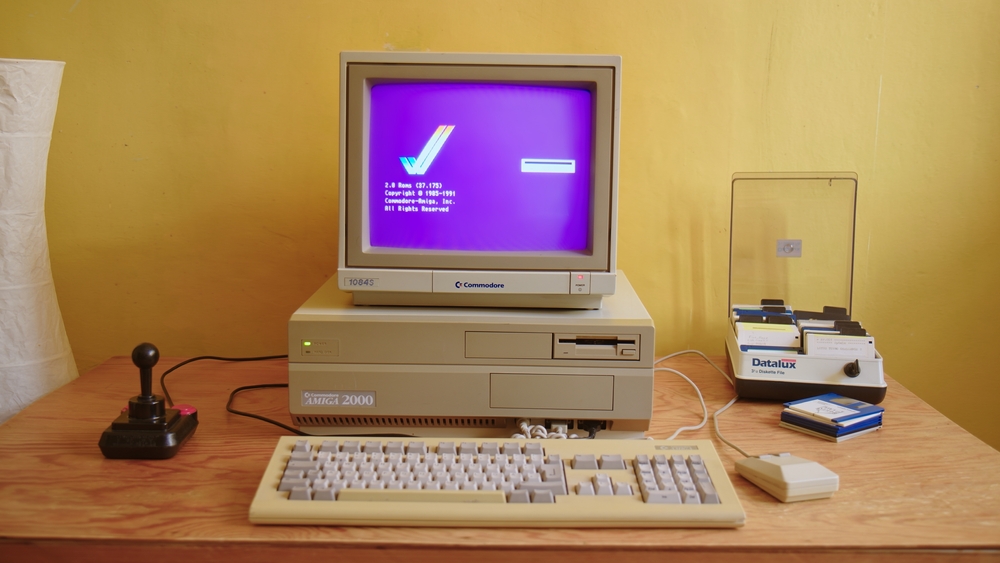
Back in 1964, Arthur C. Clarke foresaw the creation of what we now call the Internet. His prediction of a “world library” where people could access information from anywhere sounds a lot like the World Wide Web we’re all glued to today. Clarke envisioned a future where digital communication would revolutionize how we share knowledge, and he hit the nail on the head. These days, life without the Internet is hard to imagine—a testament to the accuracy of his forward-thinking vision.
2. The Invention of a Mobile Phone

In 1966, Star Trek’s communicators previewed what would become the mobile phone. The show’s technology seemed fantastical, yet it sparked the imagination of real-world engineers. Fast forward to today, and smartphones are an essential extension of our daily lives. From video calls to instant messaging, our devices do much more than Captain Kirk’s trusty communicator, but it was that fictional gadget that first planted the seed of mobile communication.
3. Self-Driving Cars
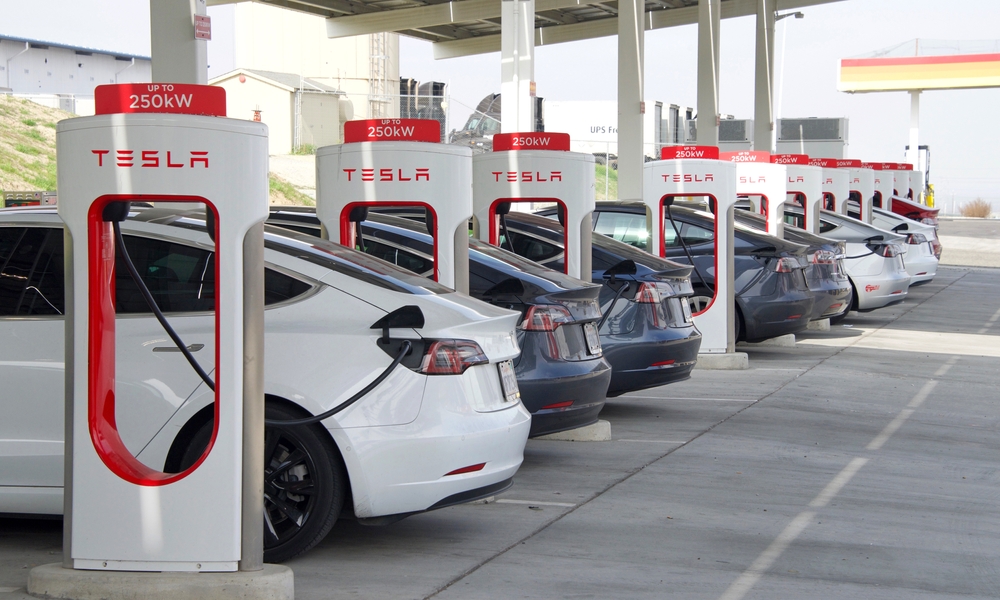
The concept of autonomous vehicles was once the stuff of science fiction. However, in the 1980s, Knight Rider introduced us to KITT, a car with artificial intelligence capable of driving itself. Fast forward a few decades, and companies like Tesla and Waymo are turning this vision into reality, testing and deploying self-driving technology on the roads. It’s fascinating to see how a TV show inspired a new wave of automotive innovation.
4. Video Calling

Remember the Jetsons’ futuristic vision of video calls? Once a whimsical cartoon idea, it’s now a daily reality. With platforms like Zoom, FaceTime, and Skype, face-to-face conversations across the globe are just a click away. What was once an amusing depiction of future tech has become indispensable, especially in an era of remote work and virtual connections. The Jetsons might have been a cartoon, but their tech predictions were spot-on.
5. The Fall of the Berlin Wall
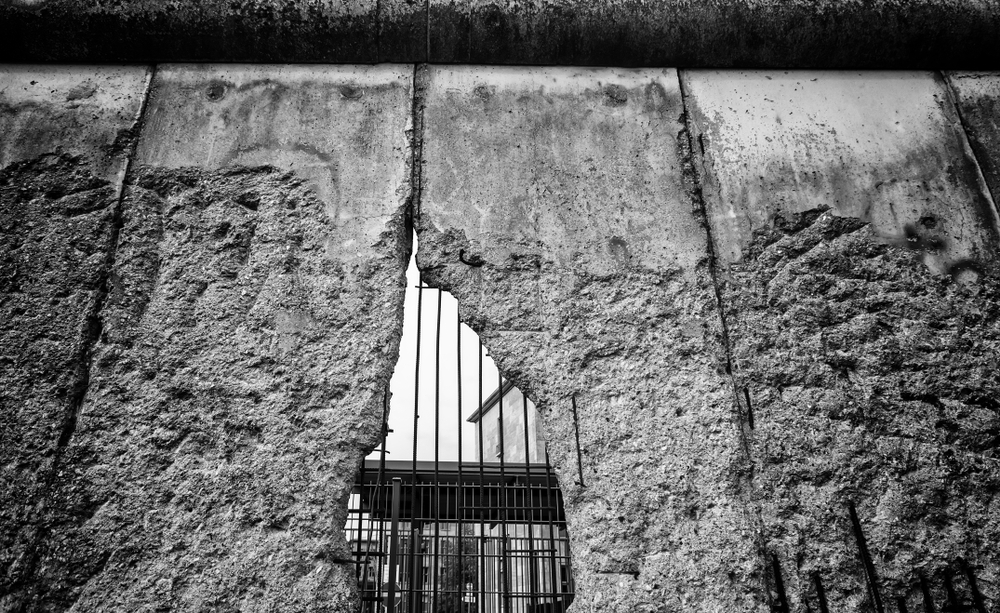
In 1987, U.S. President Ronald Reagan famously urged, “Mr. Gorbachev, tear down this wall!” Just two years later, in 1989, the Berlin Wall fell, marking the end of a divided Germany and a significant geopolitical shift. While historians and political analysts anticipated change, the speed and manner of the event surprised many. Reagan’s words, whether a catalyst or sheer coincidence, were a prelude to history in the making.
6. Wearable Technology

Back to the Future Part II gave us a glimpse of wearable tech with Marty McFly’s data glasses. Today, devices like Google Glass and Oculus Rift bring augmented reality and immersive experiences to life. Smartwatches track our health and keep us connected, echoing those cinematic visions. The boundary between fiction and reality has blurred, with science fiction serving as a blueprint for today’s innovators.
7. Organ Transplants

In Aldous Huxley’s “Brave New World,” organ transplants were a common medical practice. At the time of its publication in 1932, the idea was pure fantasy. Today, organ transplants save countless lives, with advanced techniques making the impossible possible. Huxley’s foresight about medical advancements serves as a reminder of how far we’ve come and the incredible power of human ingenuity.
8. Global Surveillance
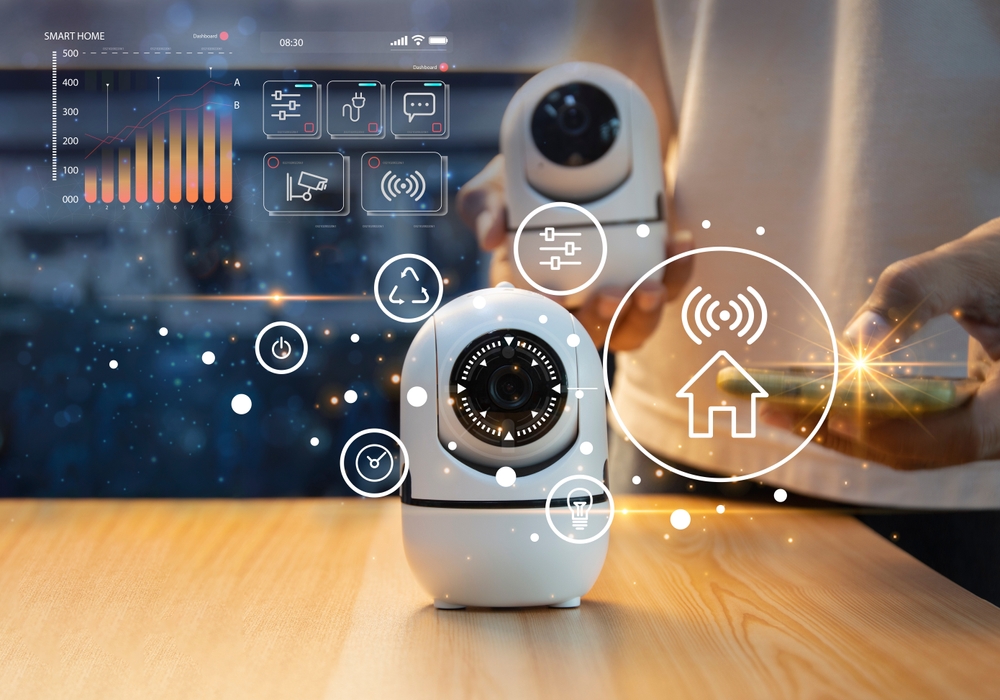
George Orwell’s “1984” painted a chilling picture of a surveillance state, which seemed hyperbolic at the time. Fast forward to today, and surveillance technology permeates our lives more than ever. From CCTV cameras to online data tracking, Orwell’s vision has manifested in unexpected ways. While we may not live in a dystopian nightmare, the parallels to his narrative are striking and thought-provoking.
9. The Tablet Computer

Remember the tablets in Stanley Kubrick’s “2001: A Space Odyssey”? Those sleek, flat-screen devices seemed futuristic in 1968, yet they bear a remarkable resemblance to today’s iPads and tablets. As these devices become integral to work, education, and entertainment, it’s fascinating to see how Kubrick’s vision captured the essence of modern-day tech, decades before its time.
10. Electric Cars
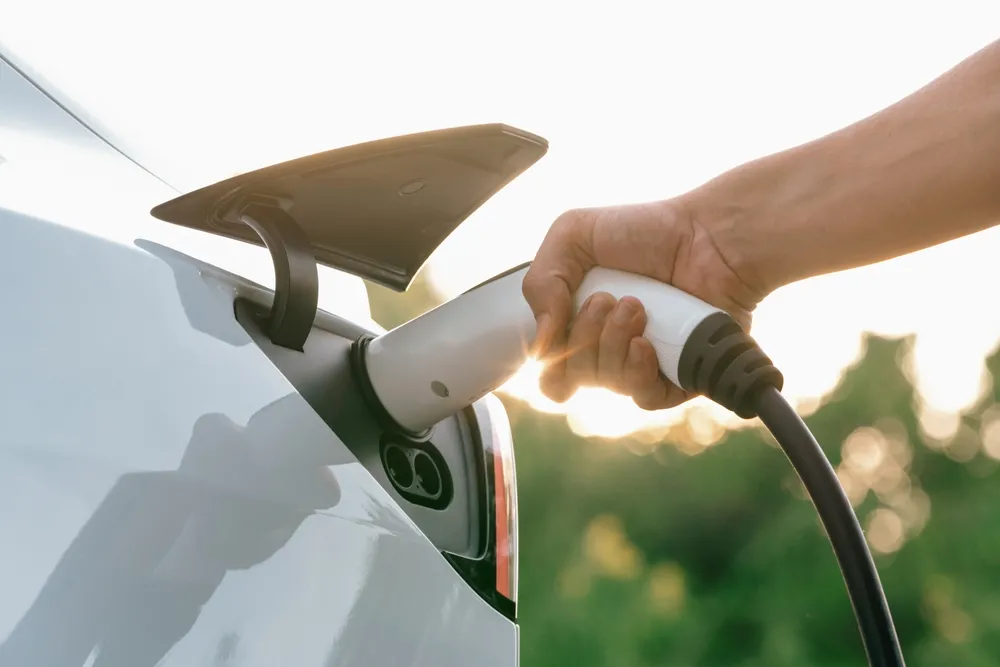
In the 1990s, electric cars were a distant dream, with skeptics doubting their viability. Fast forward to today, and brands like Tesla have made electric vehicles mainstream. With concerns over climate change, the shift towards sustainable automobiles is more urgent than ever. Visionaries who championed electric cars were ahead of their time, foreseeing the revolution in transportation that’s now unfolding.
11. Genetic Engineering

Aldous Huxley strikes again in “Brave New World,” predicting advancements in genetic engineering. While his dystopian world is far from reality, the progress in CRISPR technology and gene editing is undeniable. Scientists now alter genetic material to treat diseases, improve crops, and even explore designer babies. Huxley’s prophetic imagination continues to echo in the scientific breakthroughs of today.
12. The Digital Assistant

Sci-fi has long featured helpful voice-activated assistants, and today, devices like Amazon’s Alexa and Apple’s Siri bring that vision to life. These digital assistants respond to queries, manage tasks, and even control smart homes, blending seamlessly into our daily lives. What was once a whimsical idea has become a vital tool, highlighting how sci-fi can shape the evolution of technology.
13. Smart Homes
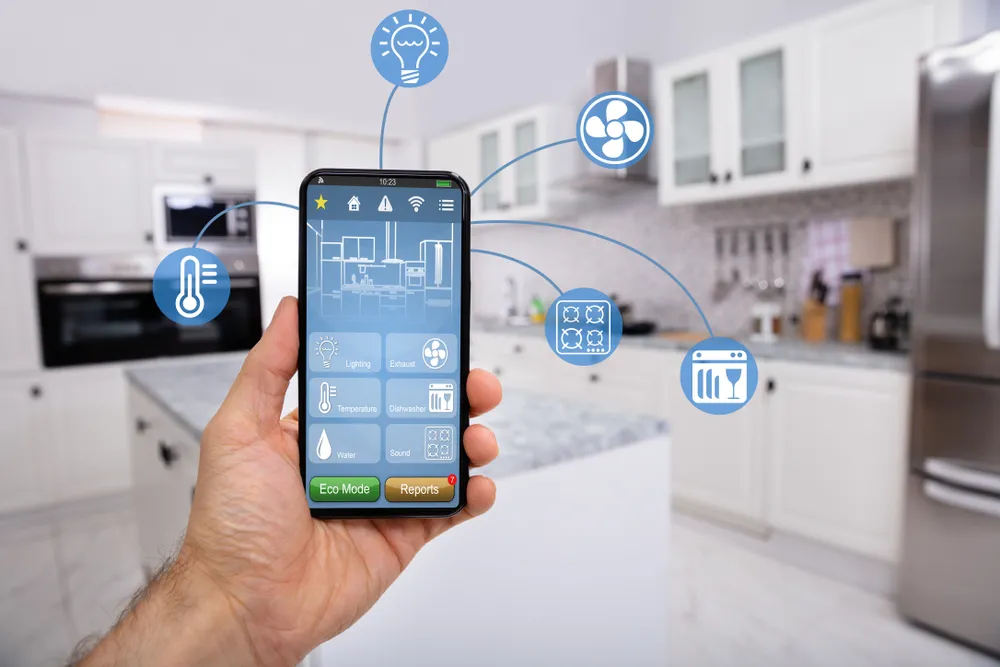
The concept of homes filled with smart devices, as seen in “The Jetsons,” is now a reality. From voice-controlled lights to smart thermostats, our homes are increasingly automated and interconnected. The convenience and efficiency that smart technology offers echo the futuristic visions of yesteryear. As homes become smarter and more intuitive, the line between fiction and reality continues to blur.
14. Cryptocurrency
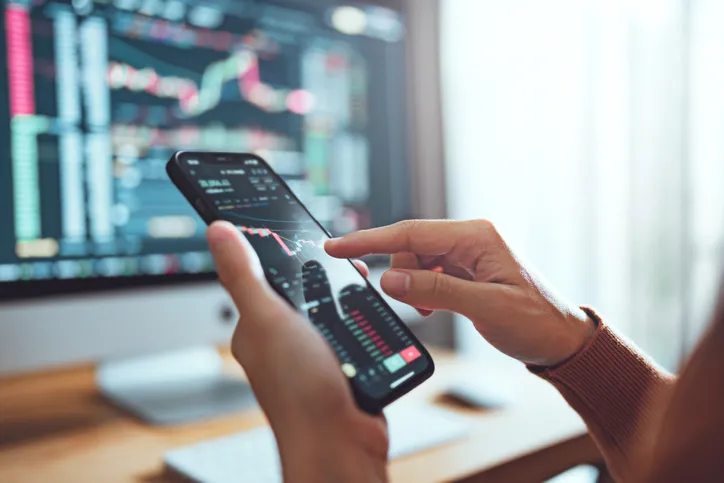
The idea of a decentralized digital currency was once the domain of speculative fiction. Enter Bitcoin in 2009, revolutionizing finance with blockchain technology. Cryptocurrencies have since gained traction, challenging traditional financial systems and sparking debates about the future of money. What started as a niche idea has become a significant force in the global economy, showcasing the transformative power of innovation.
15. Online Shopping

In 1994, just as the Internet was taking off, Jeff Bezos predicted the rise of online shopping with the launch of Amazon. Fast forward to today, and e-commerce has transformed retail, offering unprecedented convenience and variety. The prediction that consumers would embrace digital shopping has materialized, reshaping how we purchase goods and services. Bezos’s foresight was not just accurate but revolutionary, redefining the retail landscape.
